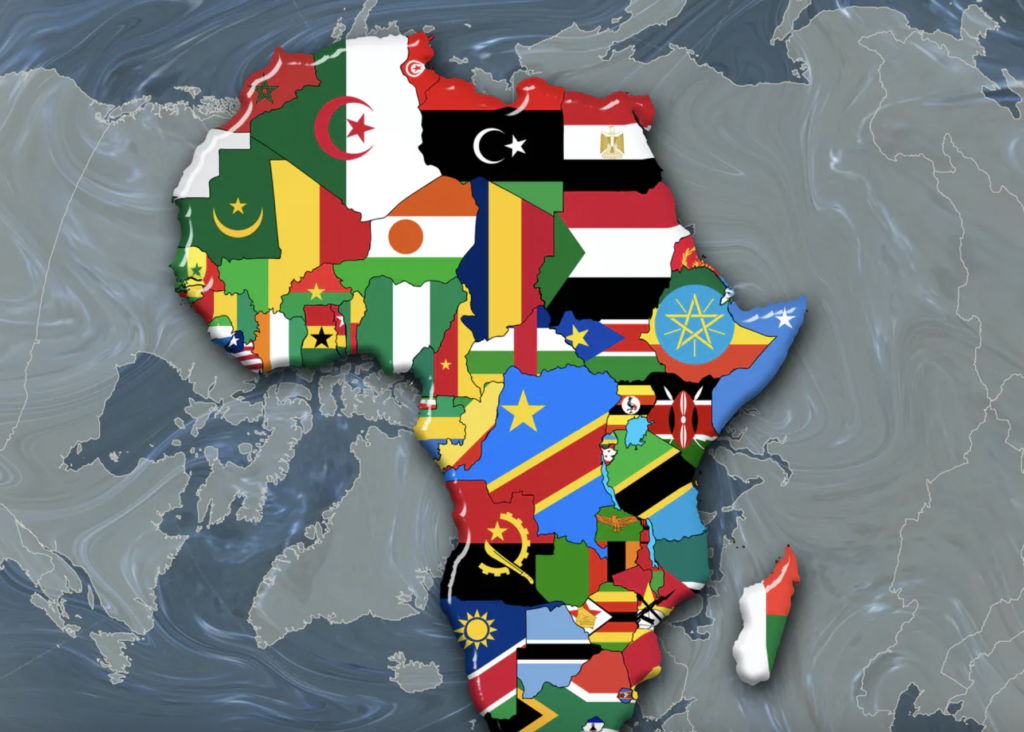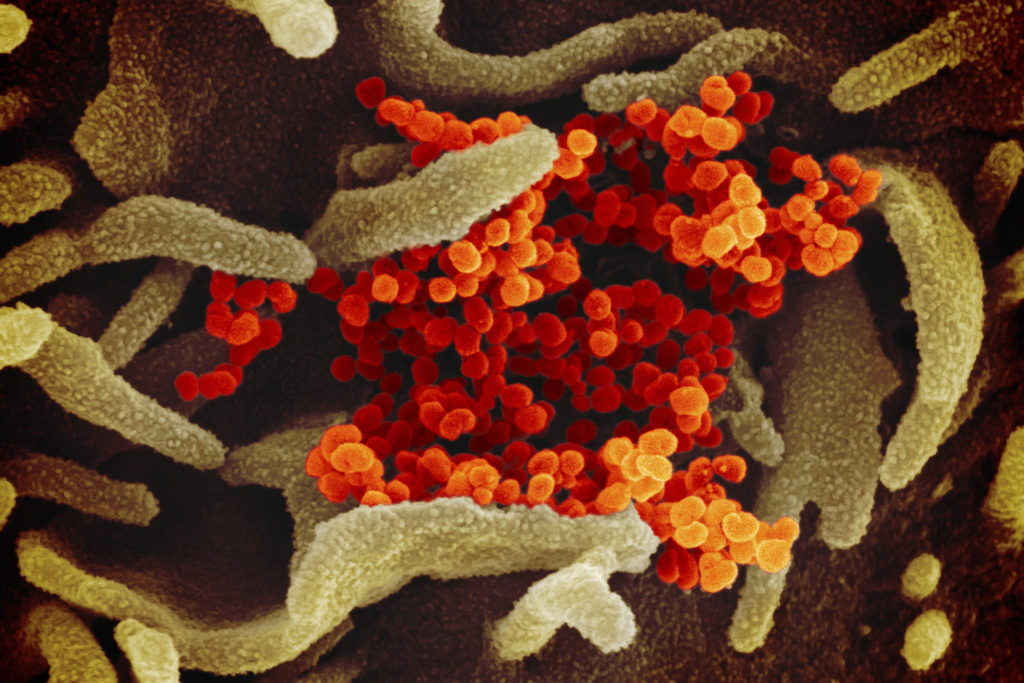ECOWAS at 50: A Diplomatic Evaluation of Successes, Challenges, and Regional Integration

ABSTRACT This paper offers a diplomatic assessment of the Economic Community of West African States (ECOWAS) as it approaches its 50th anniversary. Established in 1975 to promote regional economic integration, ECOWAS faces both successes and challenges in achieving its foundational goals. This analysis critically examines ECOWAS’ role in international relations, peacekeeping efforts, and regional […]
Utilizing the Caregiver Journey for Immunization to explore factors affecting optimum childhood vaccine uptake in North Shoa Zone, Ethiopia: Implication on policy development and implementation.

ABSTRACT Globally, millions of children suffer from vaccine-preventable diseases. The significant majority of them are from developing countries; nearly one million children miss their childhood vaccines only in Ethiopia every year. A cross-sectional mixed study was conducted in the north Shoa zone of Amhara regional state in Ethiopia to assess factors affecting childhood vaccination coverage. […]
Integrated Community-Based Malaria Intervention in Ethiopia: A Case Study with National, Regional, and International Public Health Policy Implications

ABSTRACT In Ethiopia, regardless of working towards vector control and epidemic prevention as one of the core strategies still, a significant number of households have poor practices related to malaria prevention. Besides, substantial numbers of communities are still suffering from malaria morbidity. However, the level of malaria prevention practice and integrated community base malaria intervention […]
Factors Influencing Early or Late Diagnosis of Cervical Cancer in Public Health Facilities of Addis Ababa, Ethiopia: A Mixed-Methods Study with Global Implications

ABSTRACT Cervical cancer disproportionately affects women in low- and middle-income countries, including Ethiopia, where it remains a major public health concern. Late-stage diagnoses are prevalent, often due to systemic, sociocultural, and individual barriers. Early detection is critical, yet most cervical cancer patients in Addis Ababa seek care at advanced stages. This study assessed patient profiles, […]
Dispute Resolution Through Religious Lens: A Comparative Analysis of Hinduism, Islam, and Jainism with Reference to “A Common Word” and Anekantavad

This paper explores conflict resolution through a comparative religious lens, focusing on the theological and philosophical frameworks of Hinduism, Islam, and Jainism. It examines how religious doctrines such as Dharma in Hinduism, Sulh and Adl in Islam, and Ahimsa and Anekantavada in Jainism provide ethical and procedural tools for resolving disputes. By referencing classical texts […]
The Abraham Accords, A Stable Bridge in Unstable Times: An Assessment of the Accords and their Role in Achieving Peace in the Middle East

ABSTRACT The Abraham Accords marked a significant shift in Middle Eastern diplomacy by establishing formal diplomatic relations between Israel and several Arab nations, including the U.A.E., Bahrain, Morocco, and Sudan. The accords focus on enhancing cooperation in security, technology, and economic development, with a particular emphasis on countering regional threats such as Iran. Ultimately, the […]
Challenges and Strategies in Quality Assurance and Internationalisation of Higher Education in the Caribbean

ABSTRACT This paper identifies and explores key challenges that Caribbean institutions encounter whilst striving towards quality assurance and internationalisation in the region. In the face of increasing demands for accountability and transparency in educational outcomes and practices, the need for robust quality assurance mechanisms becomes paramount; and as the region increasingly faces challenges that […]
No Public Health without Refugee and Migrant Health: An overview of access to healthcare for Refugees, Migrants, and Asylum-seekers in Italy

Clarifying the Scope and Type of Medical Devices Assessment in the Context of the Law and Mandate of Public Analysts in Nigeria

The Impact of Climate Change on Agricultural Yields in Togo: Modeling Approaches and Future Scenarios

ABSTRACT This study explores the impact of climate change on agricultural yields in Togo by leveraging various modeling approaches and analyzing future scenarios. Since Togolese agriculture is predominantly rain-fed, it remains highly vulnerable to climate disruptions, including rising temperatures, erratic precipitation patterns, and a growing frequency of extreme weather events such as droughts and floods. […]
